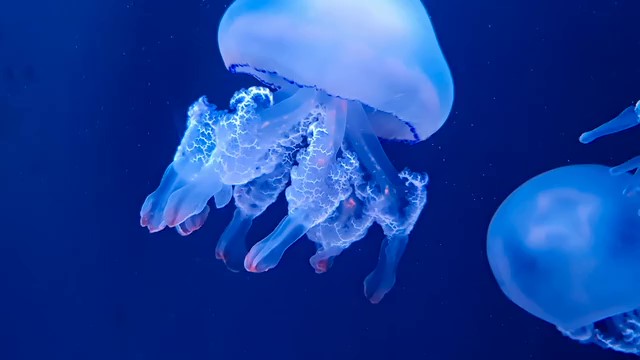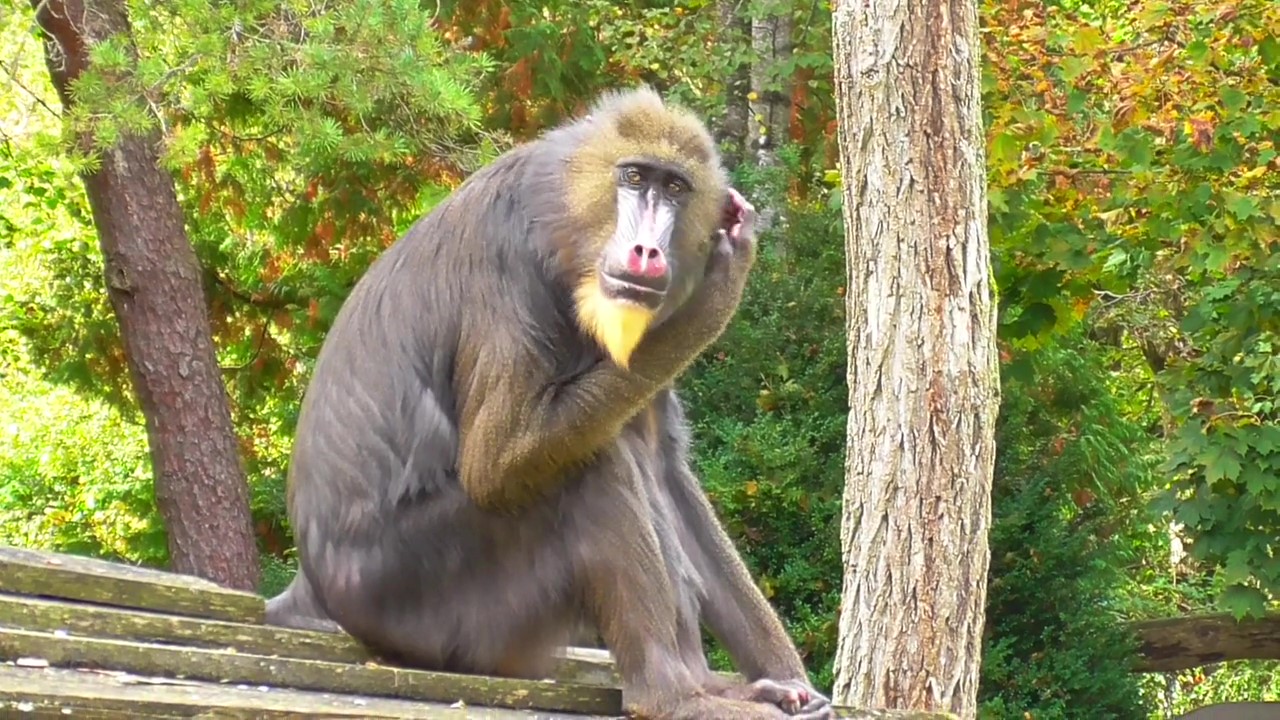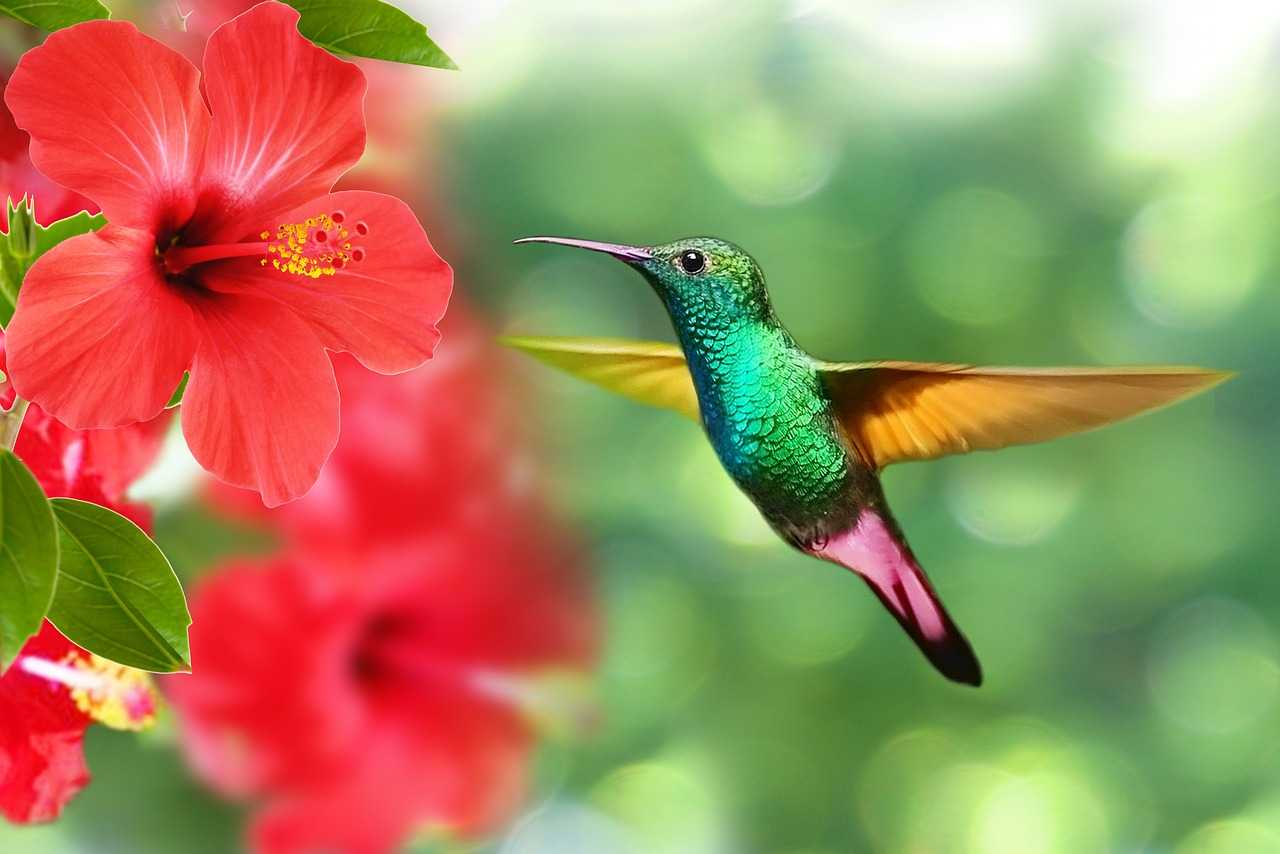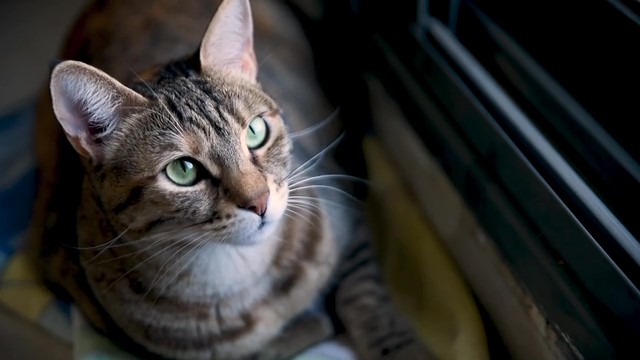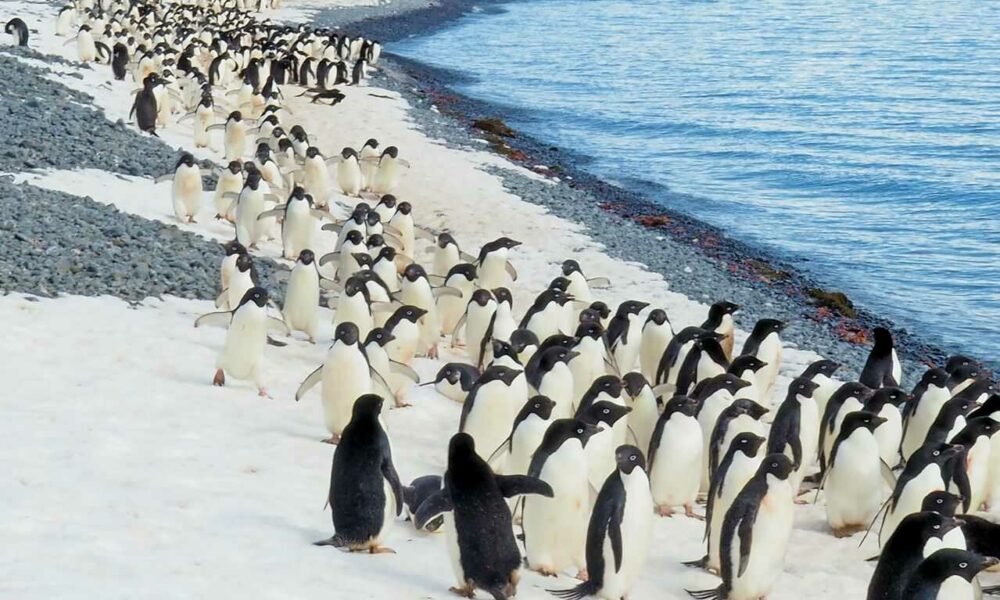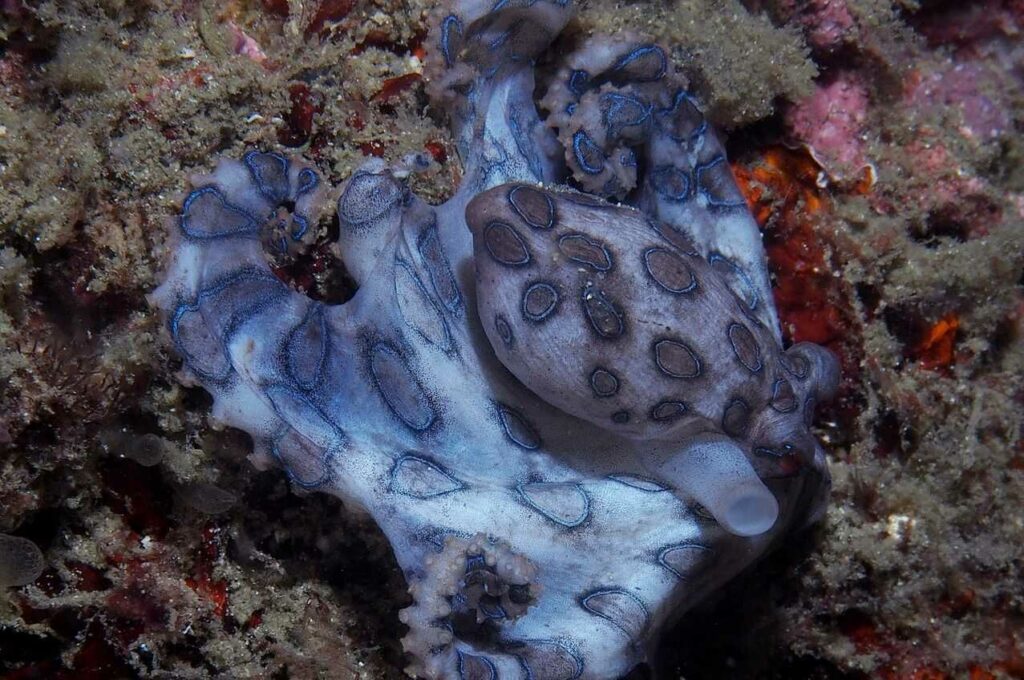
Octopus
Octopus
Octopus
Octopuses are marine mollusks that are known for their wriggling arms and impressive suction cups. Their unique appearance has made them a popular subject in fantasy works as monsters. They are often used as food in our homes, so it’s rare to see a live octopus. In other words, it can be said that we hardly know anything about octopuses. It is known that octopuses have strong suction cups and can spit ink, but the more you learn about them, the more you realize how mysterious they are as creatures. Let’s explore the ecology of octopuses together so that more people can learn about them.
Octopus Basic Infomation

Cephalopoda-Coleoidea-Octopodiformes-Octopoda.
Giant Pacific octopus:length 5m weight 60kg. Maximum body length 9m maximum weight 272kg.
Common octopus:length 0.6m weight 4kg.
Octopuses are often found on the seabed and inhabit rocky reefs and sandy areas. They only like seawater and cannot be seen in brackish water where freshwater and seawater mix.
They can be seen from the coast to offshore areas, and there are even examples of them being captured during swimming. Their eight arms, which are their biggest feature, are mostly made of muscle and have strong power.
Their suction cups are also very strong and can easily stick to human skin. The large round part that is generally thought of as their head is actually their body, and their real head is located at the base of their arms. In other words, they are called cephalopods because their arms grow from their head.
Octopus arms also play a role similar to that of a lizard’s tail and can be cut off by themselves. The arms regenerate, but depending on the cut, they may grow into two pieces. This is why there are octopuses with more than eight arms.
By the way, Shima Marine Land in Mie Prefecture displays a 96-legged octopus as a specimen.
In terms of taxonomy, there are two suborders under the Octopoda order: Cirrina (finned deep-sea octopuses) and Incirrina (all other octopuses). There are over 300 species of octopuses, but more than half of them have not been classified yet. Further research is expected in the future.
Octopus Q&A

What is the origin of the octopus name?
In English, it is called "octopus", but in fact, in the case of the Japanese name, it is named "octopus". Why did it come to be called Octopus by its Japanese name this time? Why did it come to be called octopus in English? Here are two origins.
First of all, it is said that the origin of the Japanese name is "多肢 (tako)", which is written as many limbs in kanji. It means "a lot of legs", and you can see that the impact of the appearance became the name as it is.
At this point in 2023, when the octopus is represented in kanji, it is written as "蛸 (tako)", but originally this kanji represents an insect spider. It means a spider that lives in the sea, and it is said that in the past, it was expressed with a different kanji, but before you know it, the kanji changed to "tako".
And the English name octopus is based on classical Greek, and the meaning is "eight-legged".
Each name is derived from a unique shape, which clearly shows that it is alien as a living organism.
By the way, in England it is called by the popular name of "devil Fish" and seems to be abhorred.

Why are octopuses called devilfish?
Octopuses have been called devil fish for religious reasons. “Fish without scales (sea creatures)” like octopuses have been considered taboo food. It seems that they were considered as devils because God said not to eat them.
Of course, there are other things that are forbidden to eat, so the grotesqueness of the appearance of octopuses may also have been a reason why they were called devils.
Furthermore, the image of octopuses as devils has spread, and it may have become an eerie creature image for people other than believers.

Why do octopuses prefer small spaces?
Octopuses live at various depths depending on the species. Octopuses that are often found on the seabed prefer narrow places like rock crevices. This habit is said to be for octopuses to protect themselves.
Octopuses are soft-bodied animals and do not have a hard shell like crabs. They seem to hide in narrow and safe places to hide from predators.
By the way, Takotsubo fishing, which is famous for octopus fishing, makes use of the habits of octopuses.
Almost no octopuses try to escape even when they are pulled up. Do they try to hide in Takotsubo because they feel something strange? It seems a little pitiful.

What does an octopus eat?
Octopuses are generally intermediate predators in the food chain.
They prefer to eat crustaceans and bivalves, but even species with excellent defense mechanisms are no match for the strong muscles of octopuses.
They can easily crush the shells of crustaceans and pry open tightly closed bivalves. If it is difficult to do with muscle strength alone, they also use neurotoxins to paralyze their prey.
In rare cases, large octopuses prey on small sharks.

Is it true that octopuses eat their own arms?
In some octopuses, it has been confirmed that they eat their own arms. At first glance, it has a horror taste and is a little scary.
In the past, it was thought that “octopuses eat their own arms when they can’t stand hunger,” but the current situation is not well understood.
However, octopuses that start eating their own arms die within a few days, so it is thought that some pathogen is the cause.

What exactly is the difference between an octopus and a squid?
The creature that is often compared to octopuses is the squid, which is also a mollusk. There are many differences between them because they are different species, but here are some representative ones.
The characteristic form of octopuses and squids is still the number of arms. The general understanding is that “octopuses have 8 arms and squids have 10 arms.” However, there are quite a few exceptions, and there are squids with 8 arms and octopuses with more than 8 arms.
One of the characteristics of octopuses and squids is “ink.” They spit it out in the same way when they are in danger, but the purpose is not the same.
Squid ink has viscosity and has the effect of making a lump of ink to make a substitute for itself. On the other hand, octopus ink is smooth and is like a wide-ranging flashbang.
There are also differences in the suction cups of octopuses and squids. Squid suction cups are made up of hook claws and work by hooking and sticking. On the other hand, octopus suction cups are suction cups that stick by sucking, similar to those used in kitchens and bathrooms.

Does an octopus sucker stick to anything?
Octopus suction cups can adhere to almost anything with strong force. Even cut arms seem to retain their suction cup ability for a while.
An interesting point is that they have the ability to recognize with their suction cups. When something is brought close to a cut arm, it adheres reflexively.
However, it does not adhere when the part of the octopus body is brought close. Also, if you wrap the skin of the body around something else, it will not adhere either, and it will adhere where the skin is not wrapped.
In other words, it is thought that the suction cups (or arms) themselves are judging their own skin. This principle has not yet been elucidated.

Is it true that octopuses are smart?
Octopuses are highly intelligent and are sometimes said to be the smartest invertebrates. It is a famous episode that "when you give a screw-type bottle containing food, the screw-type lid is twisted to take out the food".
Another clever octopus, also known as the "coconut octopus," is a clever octopus that uses coconut shells for defense. As the first example of the use of tools in invertebrates, it became a hot topic.

What are the natural enemies of octopuses?
Octopus predators include moray eels, sharks, and groupers. However, in the case of large octopuses, they also prey on sharks and other animals. In aquariums, there are also cases where octopuses have attacked and killed sharks that were kept in the same tank.
Humans are also known as a species that preys on octopuses in many regions around the world.
Humans are a threat to many octopuses, but the blue-ringed octopus has a powerful toxin called tetrodotoxin that can be fatal if bitten by a human.

What is the relationship between humans and octopuses?
Octopuses have been eaten by humans since ancient times. They are eaten all over the world, but in some areas they are prohibited for religious reasons.
Especially in Japan, octopus is popular as a food and is eaten in many ways such as sashimi and sushi. In addition, takoyaki is famous as a common food, and octopus dishes have been popular in households for a long time.
In the UK, where octopuses have been avoided as devil fish, the culture of eating octopuses has spread. The demand for octopuses is expected to continue to increase in the future.

Would you like to become a part of the 'Animalbook.jp'?
Turn your knowledge into Q&A and share it with the world. ※Publication will be activated after purchase. Let's share information together!
Octopus Type of List

etc.
- Poison Ocellate Octopus
- Flapjack Octopus
- Japanese Pygmy Octopus
- Opisthoteuthis Japonica(scientific name)
- Common Octopus
- Giant Pacific Octopus
- Big Blue Octopus
- Octopus Tenuicirrus
- Webfoot Octopus
- Gold-ringed Octopus
- Vampire Squid
- Telescope Octopus
- Greater Argonaut
- Ocythoe Tuberculata(scientific name)
- Seven-arm Octopus
- Dumbo Octopus
- Blue-Ringed Octopus
- Greater Blue-Ringed Octopus
- Long-Armed Octopus
- Mimic Octopus
- Coconut Octopus
- Common Blanket Octopus
- Hairly Octopus
- Octopus Aegina(scientific name)
- Longarm Octopus
- Wunderpus Octopus(scientific name)
- Benthoctopus Fuscus(scientific name)
- Long-Armed Octopus
- Chestnut Octopus
Information
Congratulations! You are the first commenter!

Would you like to leave a comment?
※Please note: This is for the purchase of rights to post comments within the article.
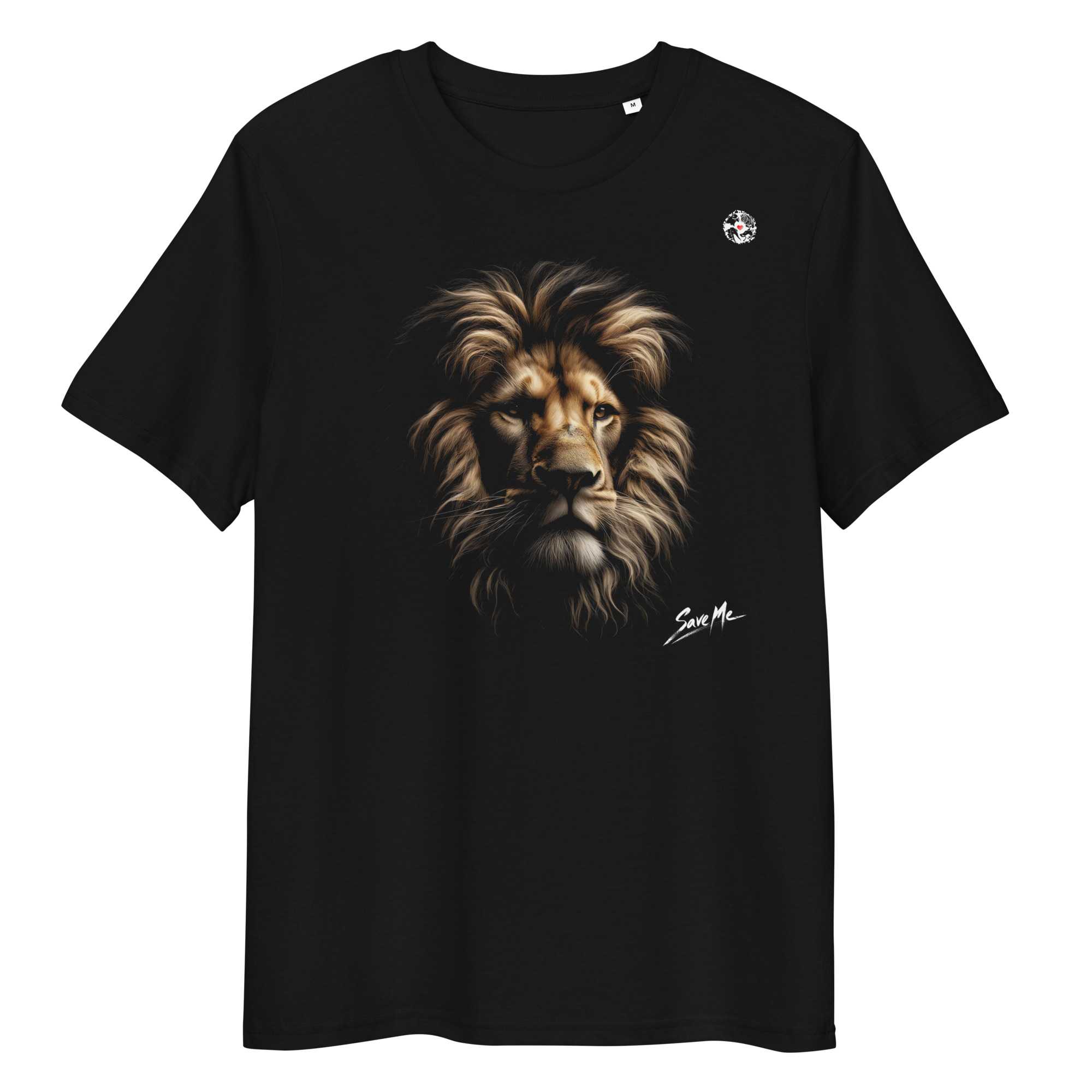
Find Your Favorites!
Our shop offers a unique and attractive selection of goods themed around various animals.
Octopus References
Octopus Introduction of media used
出典:https://www.pexels.com/ja-jp/photo/1312397/
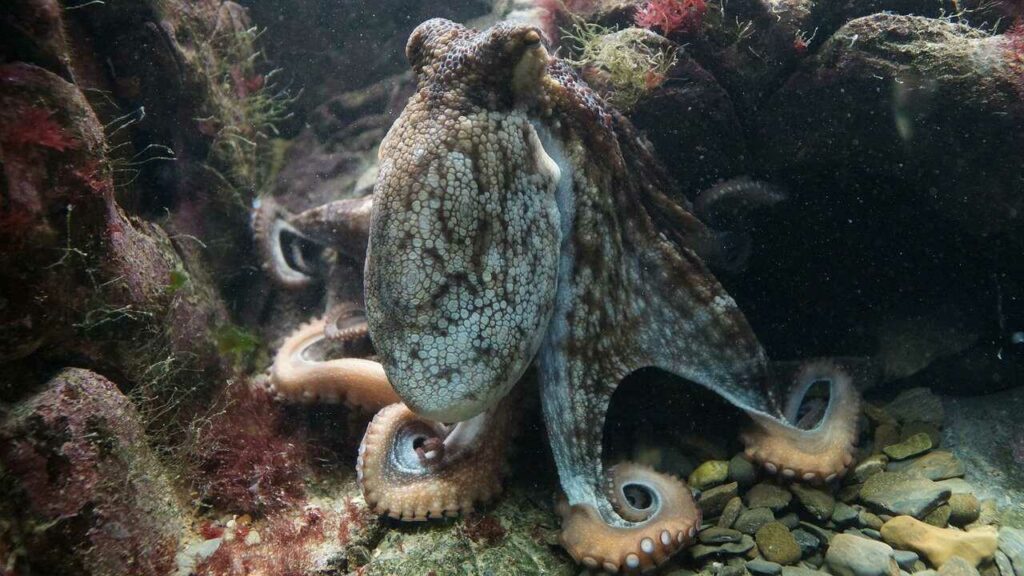
出典:https://pixabay.com/images/id-428745/
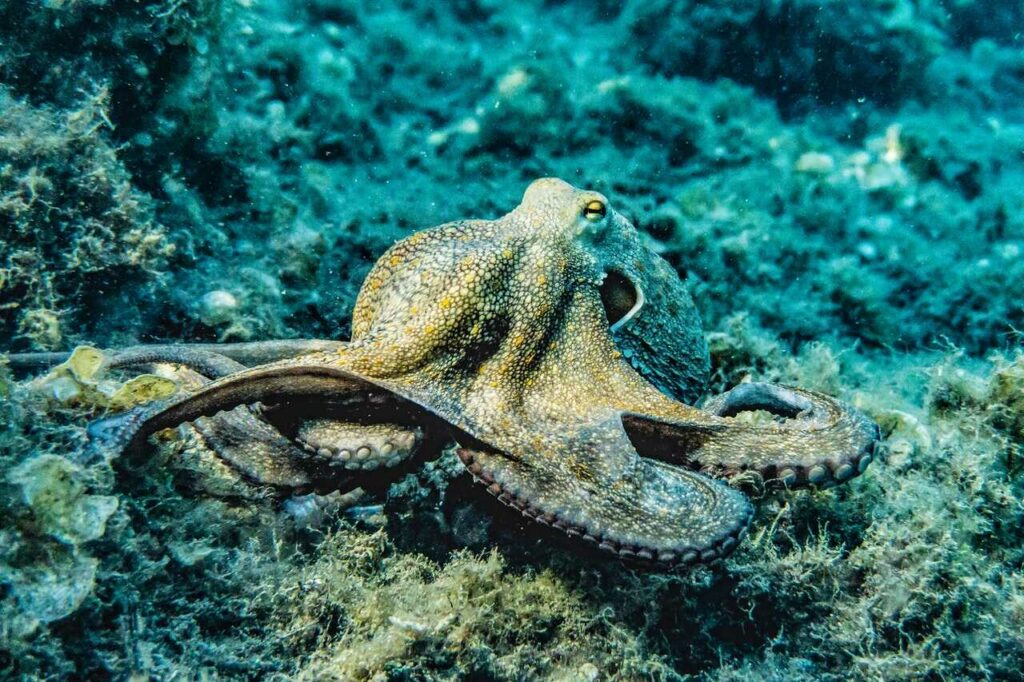
出典:https://www.pexels.com/ja-jp/photo/3046629/
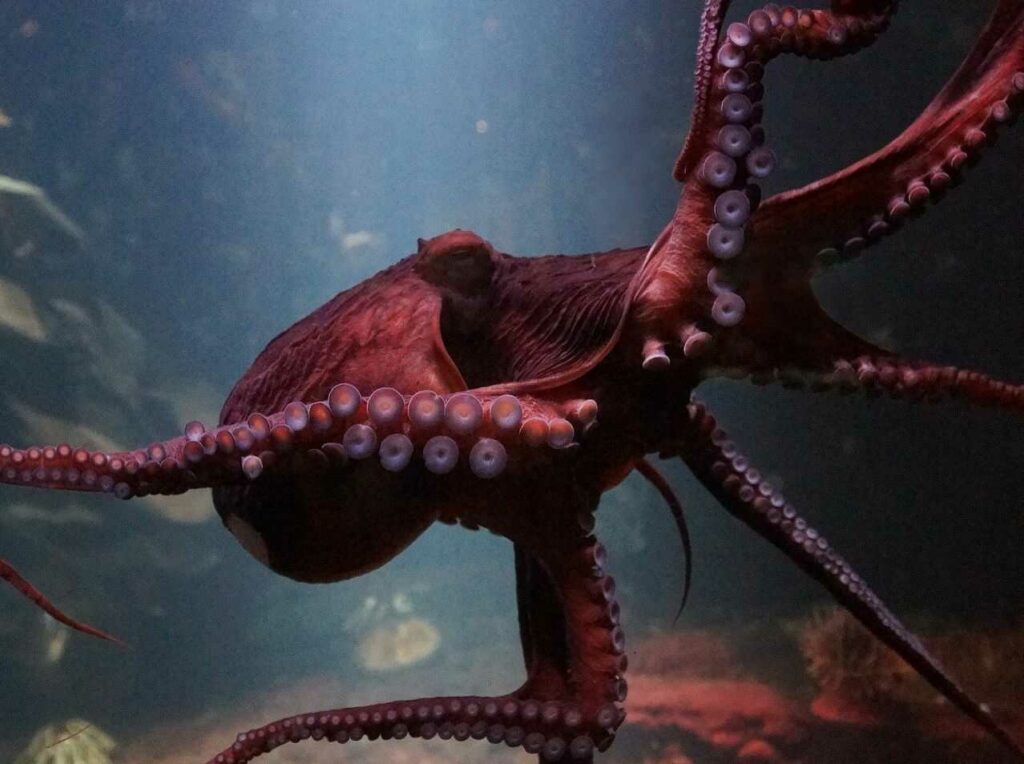
出典:https://pixabay.com/images/id-3232758/
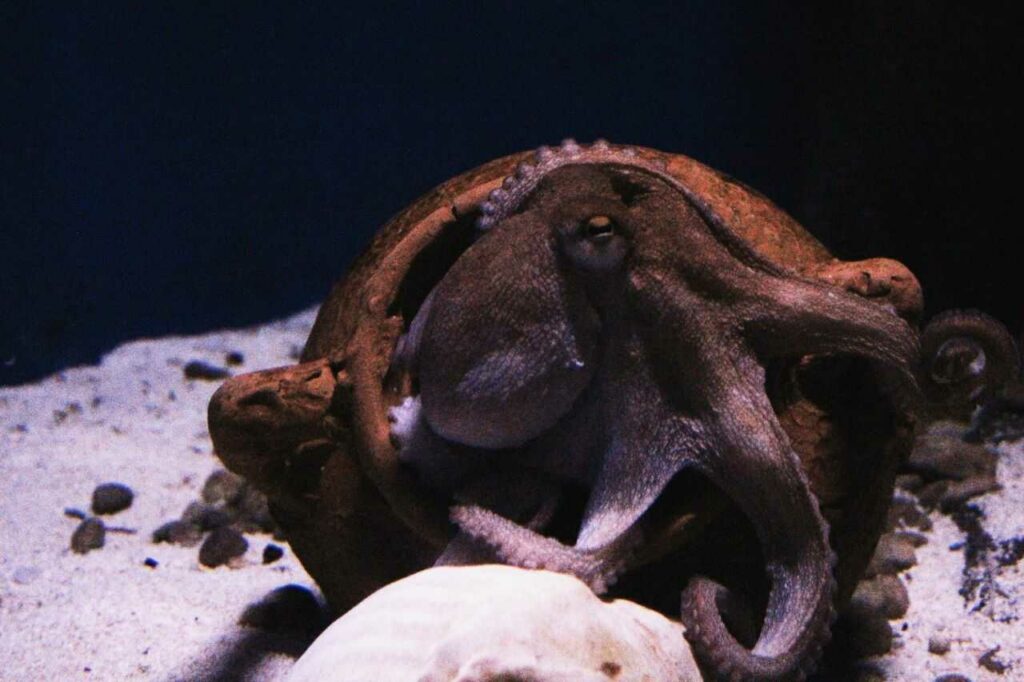
出典:https://unsplash.com/photos/4WrR3WWNT_c
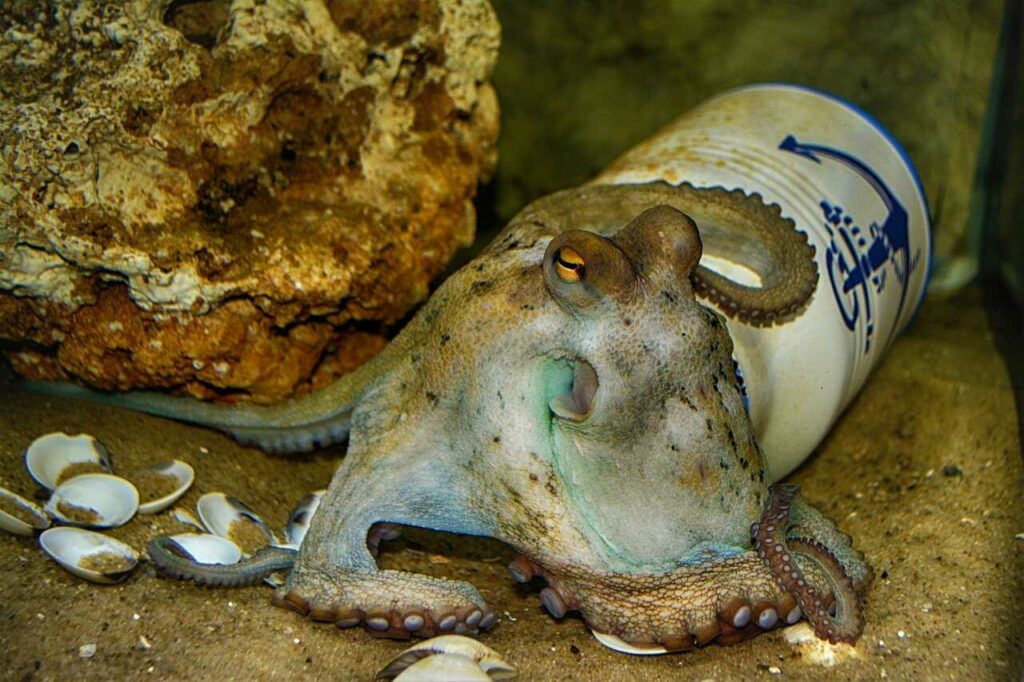
出典:https://pixabay.com/images/id-3741064/
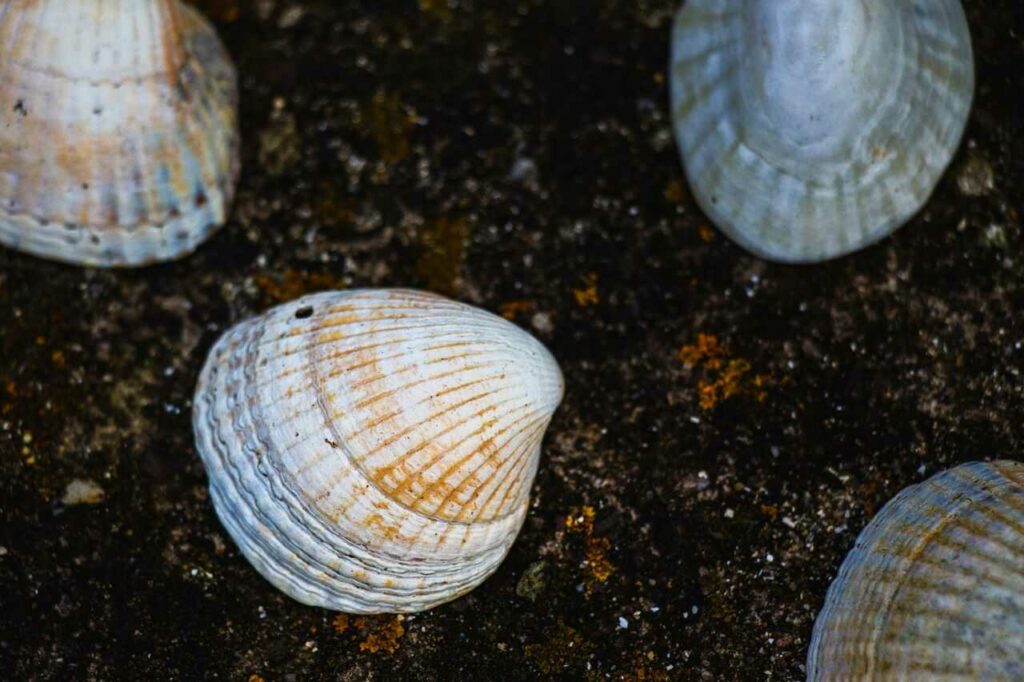
food
出典:https://unsplash.com/photos/mn6o4ewqAMw
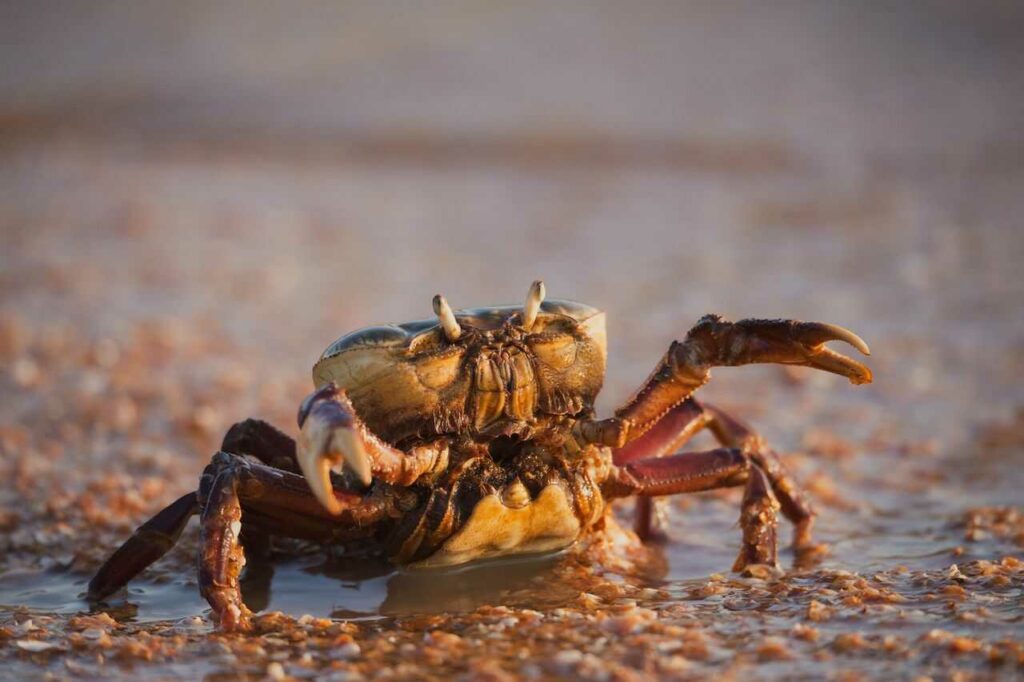
food
出典:https://unsplash.com/photos/wI5dGaiw8rs
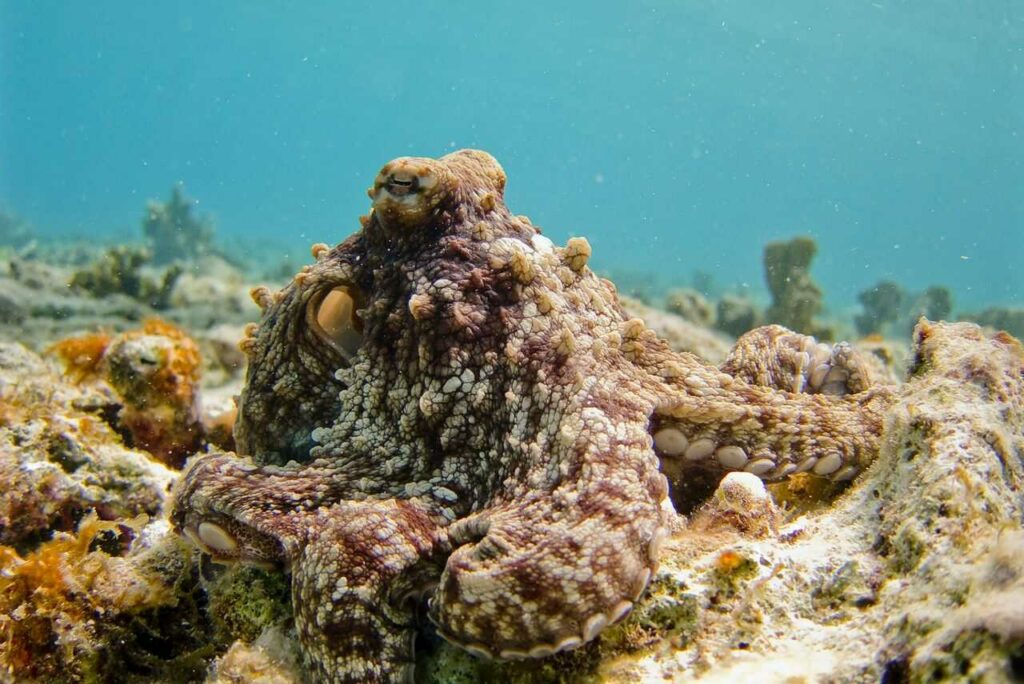
出典:https://unsplash.com/photos/NpQSAv29evU
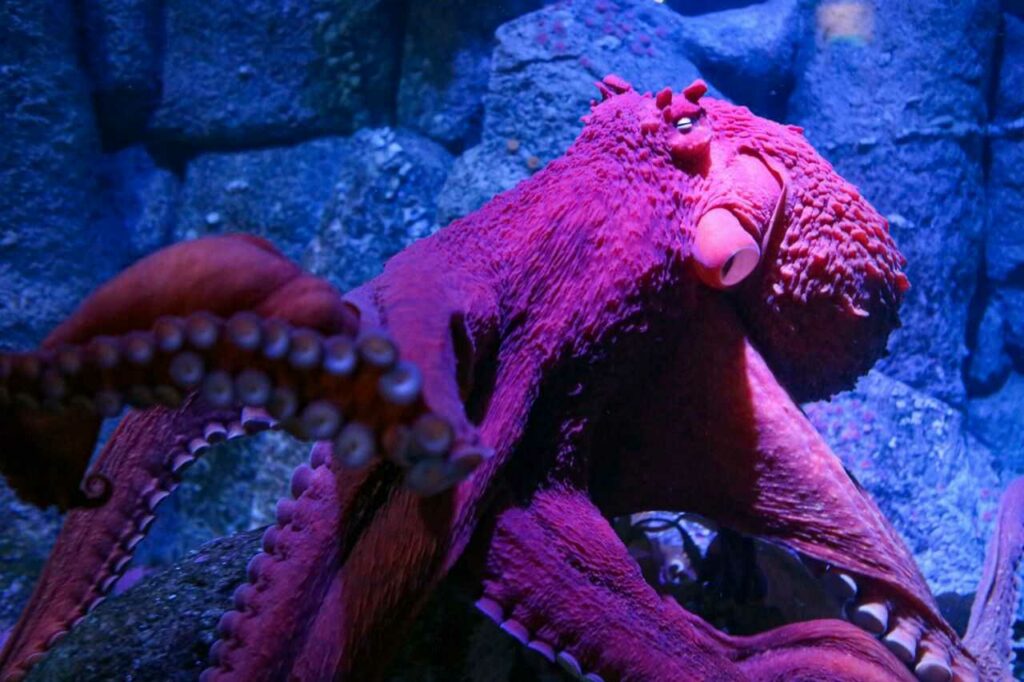
出典:https://unsplash.com/photos/ZfuBRbjQFpc
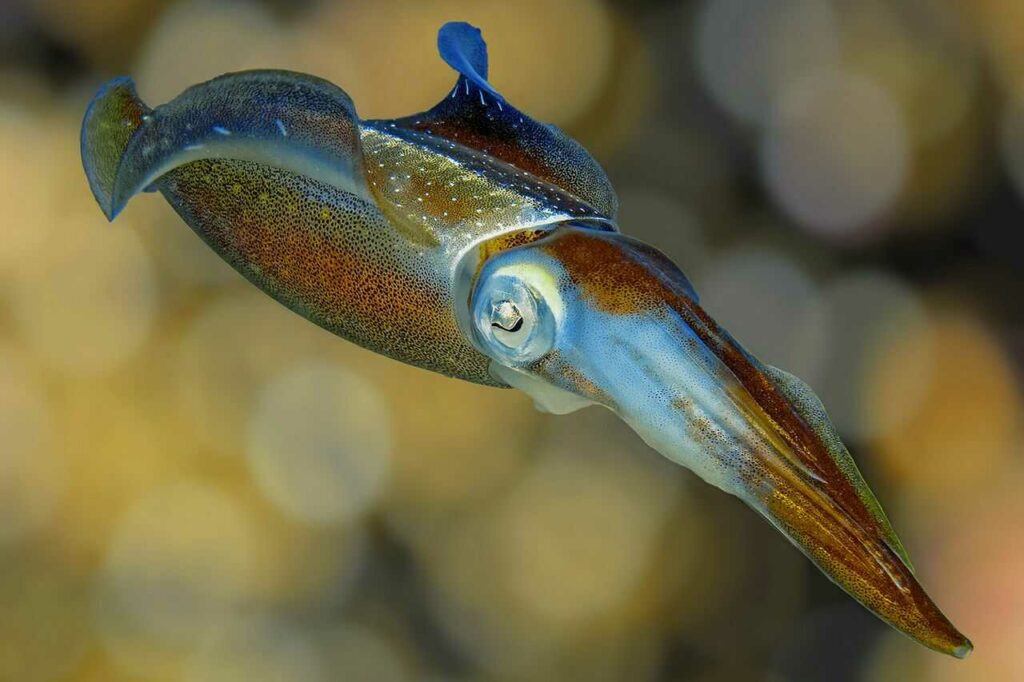
similar
出典:https://commons.wikimedia.org/wiki/File:Squid_colors_2.jpg
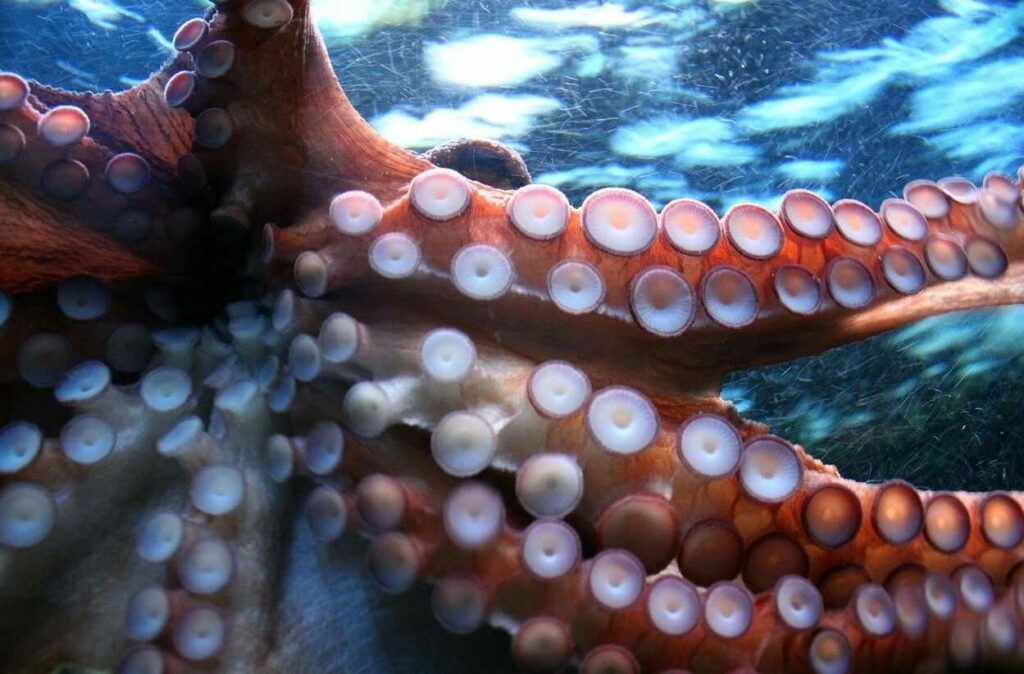
出典:https://pixabay.com/images/id-250101/
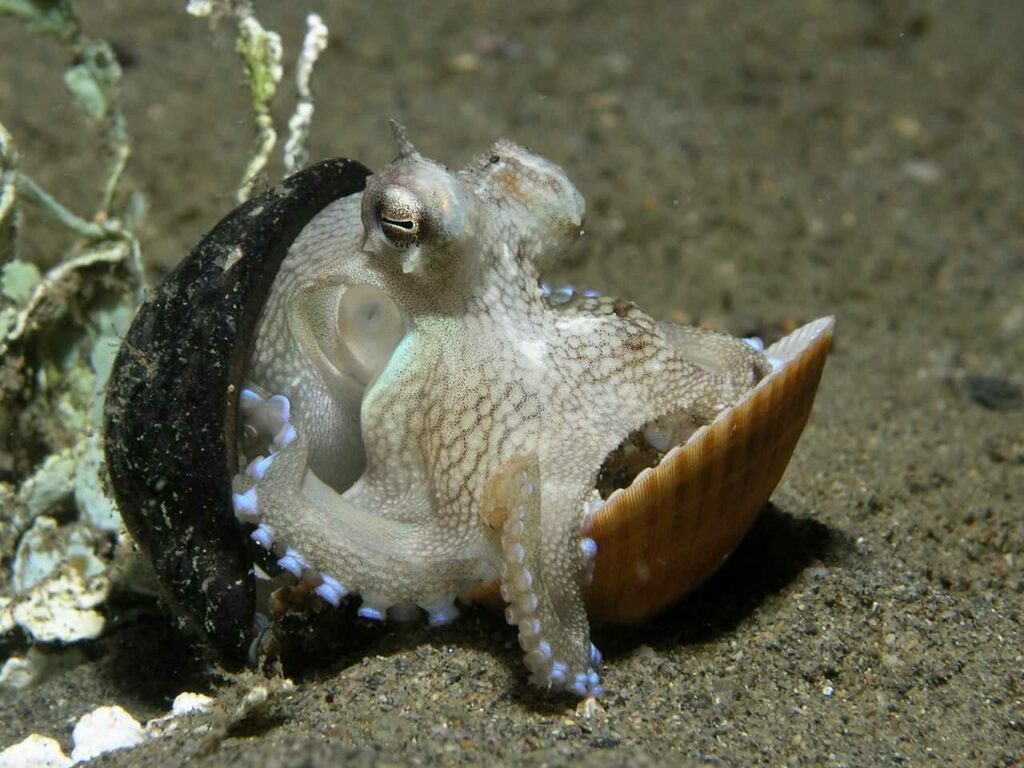
出典:https://commons.wikimedia.org/wiki/File:Octopus_marginatus.jpg
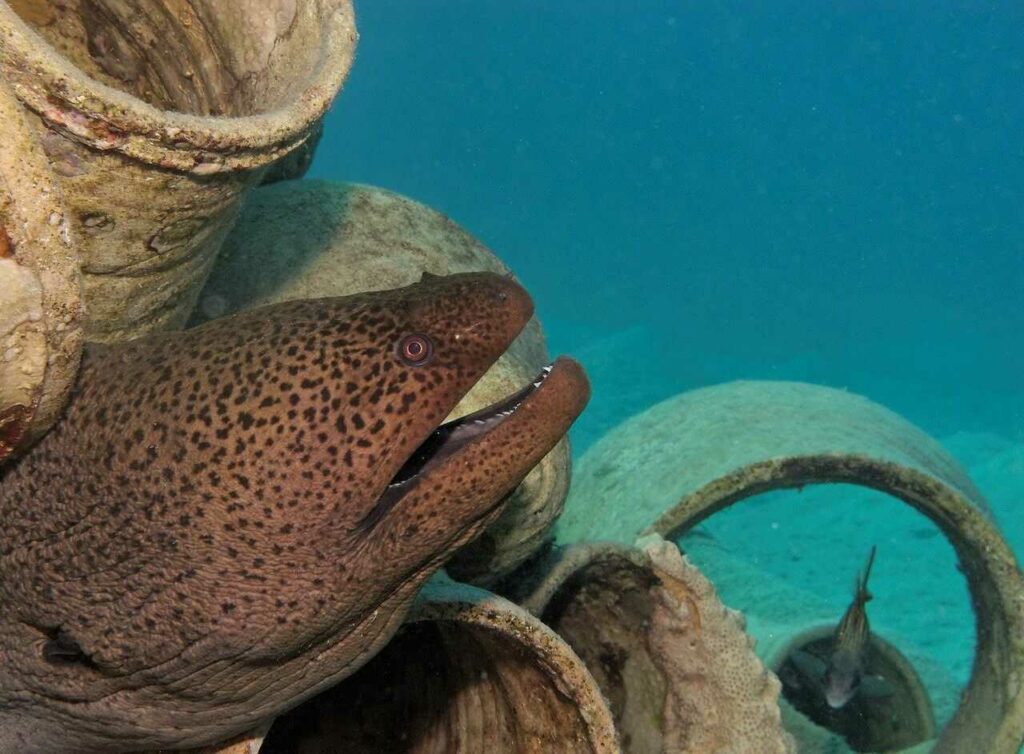
enemy
出典:https://pixabay.com/images/id-2453910/
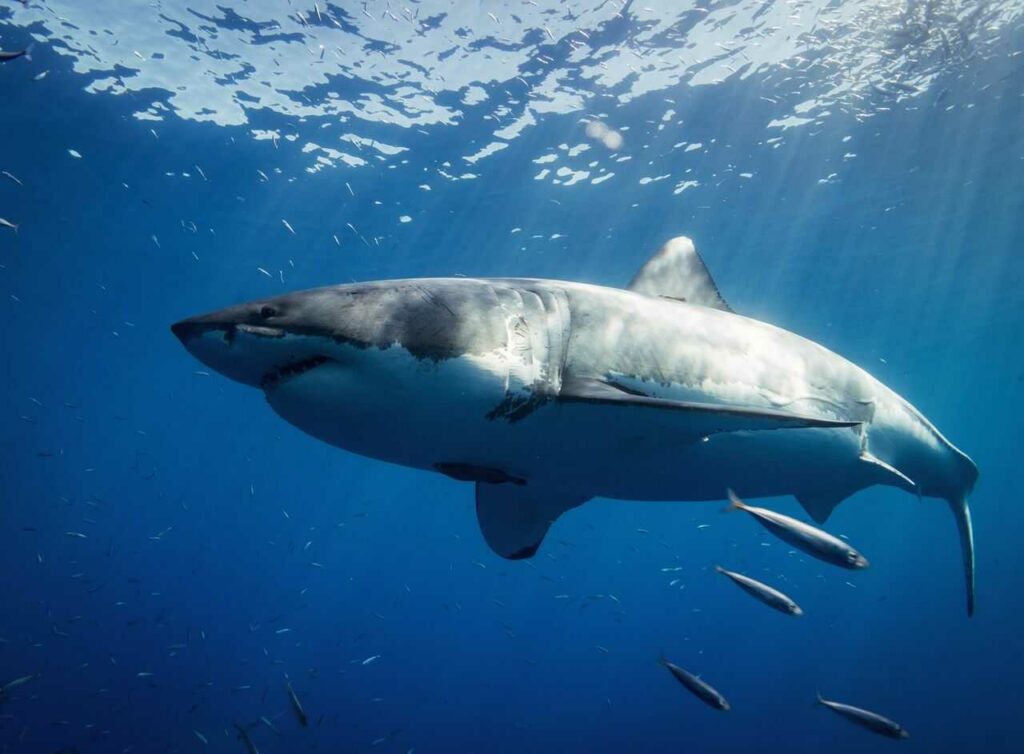
enemy
出典:https://unsplash.com/photos/8DO2XXCoB0Q
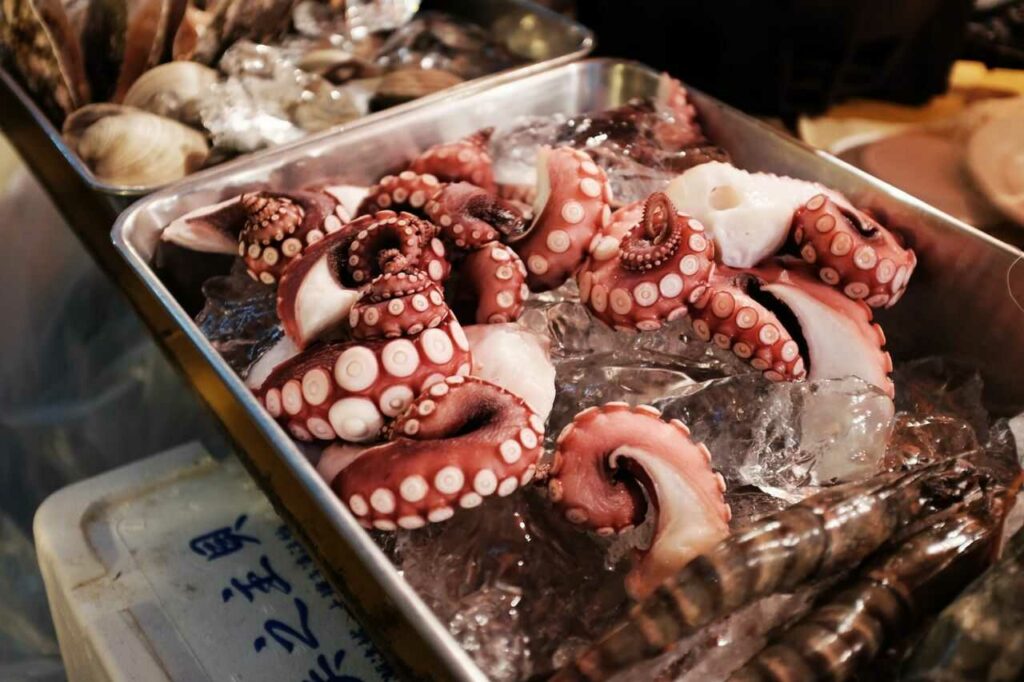
出典:https://unsplash.com/photos/sxgRZMimJx0

Help Enrich Our Animalbook.jp with Your Media!
We are constantly looking to expand and enrich our Animalbook.jp with amazing photos and videos of animals. If you have any media that you'd like to share, please contribute and help us showcase the beauty and diversity of the animal kingdom. Your submissions will be credited and featured in our encyclopedia, reaching a wide audience of animal lovers.


